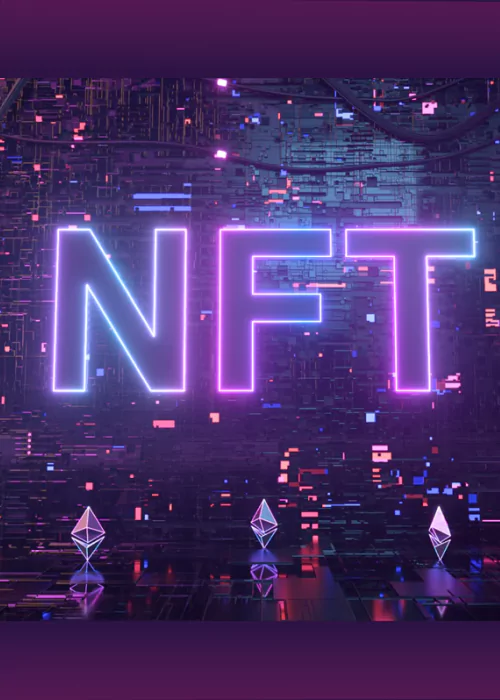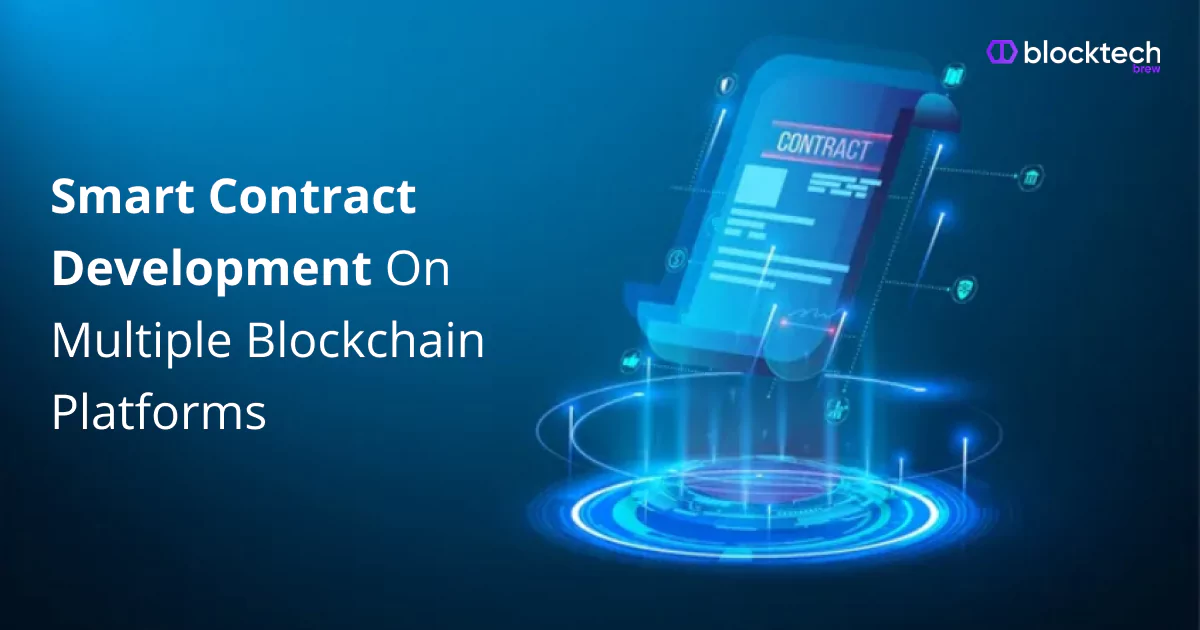Smart contracts have proved to be a revolutionary milestone for the blockchain industry.
From holding balance to sending transactions and overseeing deals, smart contracts are now a prominent part of blockchain applications developed through our blockchain app development services.
These digital contracts function as they are programmed. Besides, they are not controlled by the user. Smart contracts are deployed on the blockchain network.
One of the most common blockchain platforms for smart contract development is Ethereum.
While it’s amazing to see how smoothly smart contracts works on Ethereum, it poses several challenges too.
The Ethereum developer community keeps on introducing new updates to improve the network. These improvements affect the functioning of smart contracts on the platform.
So how do you ensure the security of smart contracts on Ethereum?
How can you avoid loopholes in your Ethereum smart contract?
What are the factors that you should consider for Ethereum smart contract development?
Keep reading to find out!
Best Practices For Ethereum Smart Contract Development
Get your Ethereum smart contract development best practices guide here!
This guide will help you protect your smart contract from bugs and vulnerabilities.
Let’s get started!
Failures are inevitable
No matter how efficiently you have programmed your smart contract, there will be failures.
You have to accept this!
Even the most skilled developers can’t programme 100% accurate smart contracts.
Your smart contract is always prone to errors.
So, what can you do?
You can code your smart contracts to overcome errors.
How can you do so?
- Code smart contract to pause itself in case of errors
- Enable smart contracts to break its circuit when there is a vulnerability
- Put in place an effective upgrade strategy to fix bugs and errors
- Efficient money management by limiting maximum usage
Mindful Rollouts
One of the best practices for Ethereum smart contract development is cautious rollouts.
To ensure that your smart contracts aren’t faulty after deployment, pay attention to rollouts.
Rollouts help you to identify bugs and errors before the final production phase.
How can you avoid faults with rollouts?
- Rigorously test smart contracts
- Roll out the contract in incremental phase
- Provide bug bounties in tested phases
- Testing smart contract on the identification of every new attack vector
Smart Contract Simplicity
Complexity has the nature to attract errors.
When you make your smart contracts complex you will lure in errors.
The best smart contract development practice is to keep it simple.
Build a simple logic contract with clean codes.
- Ensure that your smart contract is logical
- Use codes and smart contract tools where you have expertise
- Alter and summarize the code to make functions small
- Use blockchain where decentralization is necessary
- Always give priority to code clarity
Stay Updated
In the blockchain industry, you always need to stay up-to-date with the latest developments.
Keep yourself informed about:
- New coding tools
- System upgrades
- Security standards
- New programming languages
- Blockchain network alterations
These will help you code high performing smart contracts.
You also need to regularly check your smart contracts to analyze the impact of these upgrades.
- Check your smart contracts for new bugs
- Check for security loopholes if any
- Employ new security standards
- Use the latest version of tools and libraries
Focus on Blockchain Properties
Even the most experienced developers can fall into the blockchain pitfall. Ethereum blockchain is easy yet tricky to handle.
Here is what you can do.
- Be careful about the external smart contract calls
- Update your smart contract balance before making an external call
- Always be aware of the block gas limit
- Understand that attackers can call a public function
- Keep in mind that anyone can view the private data
- Pay attention to timestamps
- Understand that timestamps are imprecise
- Consider that miners can alter transaction execution by a few seconds
Trade Offs
Your view point of a functional smart contract might be different from others.
A developer might prioritize modular, rigid and upgradable components in a smart contract.
While a security engineer will focus on security concerns over anything else.
So, rather than having conflicts among the team, create a standard trade off.
Here is a process for basic trade off.
- Decide the purpose of the smart contract
- Then find a balance for the trade off
- Make a list of properties
- Write down the benefits each property brings to the smart contract
- Then decide where your focus should lie and where you compromise
Look at some fundamental trade offs.
Reuse – You can reuse the smart contract code where it’s reasonable. Also, ensure that you have deployed a smart contract previously using that code.
Duplication – You should use duplication only when your previously deployed smart contract isn’t functional anymore.
Monolithic contracts – Monolithic contracts keep all the data locally readable. This leads to trouble while optimizing code for efficiency.
Modular contracts – From the security viewpoint, modular contracts are best if your smart contracts aren’t complex.
Rigid & Flexible contracts – You must understand that having rigid and complex contracts will lead to security loopholes. That is why it’s advisable to prefer simplicity and flexibility.
Now that you are well aware of the best practices to adopt for Ethereum smart contract development, let’s move on to Solidity smart contracts.
Solidity Smart Contract Best Practices For Security
Solidity is a programming language specially used for writing smart contracts.
That is why it is crucial to understand a few aspects of Solidity that can have an adverse impact on your smart contract security.
Implement invariants
Whenever an assertion fails, Solidity smart contracts trigger the asset safeguard.
In such a case developers can use the assert () function to ensure the accurate token to Ether issuance ratio.
However, you should ensure that your assert guards are integrated with other techniques. This will avoid you from getting stuck with rigid assertions.
Use assert() and require()
Assert and require are convenience functions. They check if the conditions are met or not.
The assert function is used to check internal errors and invariants.
On the contrary, require identifies the valid conditions, inputs and contract variables. Moreover, it also checks return values from external calls.
Require function also ensures that the contract’s conditions are met.
Both require and assert function helps in writing a valid smart contract where the code is formally verified.
Use modifiers only for checks
The code in a modifier is executed before the function body. So any changes in the external calls with alter the checks effects interaction pattern.
Did you know that an external call in a modifier can lead to a reentrancy attack?
And you may not even notice it.
So it is very important to use modifiers in duplicate condition checks and multiple functions. You can also use require() and revert() functions. These will make your smart contract readable and auditable.
Careful with integer division rounding
We all know that all integer division rounds to the nearest integer. But if you need more precision in your code, keep both the denominator and numerator.
Using the multiplier to store the exact integer division will prevent rounding. Further, it will help you to easily calculate the value offchain.
Pay attention to trade offs
Interfaces and abstract contracts enable customizations in smart contracts.
Interfaces were introduced in Solidity 0.4.11. These are similar to abstract contracts but cannot implement any functions.
While the abstract contracts are more practical as they do not have limitations on storage and inheritance.
Unlike abstract contracts, interfaces have limited capability to store and inherit from other interfaces.
You should note here that if a contract inherits from an abstract contract, it should inherit the non-implemented functions as well.
Keep fallback functions simple
A fall back function is called when:
- A contract has a limit of 2300 gas when called for .send or .transfer
- A contract is sent as a message with no arguments
In such a case you can log an event in the fallback function to receive Ether from .send() and .transfer()
Data length in fallback function
Data length is also important for fallback functions.
If you are using fallback function for only documentation of Ether receipts, your data must be empty.
Explicitly Mark Your Smart Contracts
To ensure the best practices for Ethereum smart contracts, you need to embrace explicit marking.
Make sure to use a payable modifier for all functions that will receive Ether.
Additionally, it is crucial to label functions properly, enhancing the visibility of state variables and private functions.
Safeguard Your Pragmas
You should safeguard the Pragmas when deploying your contracts.
The Pragmas refer to the compiler version intended by the original authors of the contract.
Follow the best practices by deploying contracts with the appropriate compiler versions and flags.
By doing so, you can verify that your contracts are not deployed with different compilers.
Monitor Your Contract’s Activity
Efficiently monitoring your contract’s activities is an important aspect of Solidity Ethereum smart contracts development.
After deploying the contract, it is your responsibility to keep track of its transactions.
Utilize events as a productive tool to document all the activities occurring within the smart contract.
Shadow “Built-ins” Effectively
To optimize your Ethereum smart contract, consider employing the innovative practice of shadowing “built-ins.”
Use this technique to effectively override the functionalities of the contract and customize them as needed.
Avoid Using tx.origin
One of the most crucial best practices for Ethereum-based smart contracts is to refrain from using tx.origin for authorization.
This choice can restrict interoperability, so it is best to avoid it altogether.
Conclusion
The above best practices for Ethereum smart contract development will help you duck the vulnerabilities.
With the rapidly changing blockchain scenario and progressing developments, it’s crucial to stay up-to-date.
Regularly checking blockchain properties, and smart contract activities and employing security protocols will get you desired results.
Moreover, it’s important to focus on essential functions and security issues to protect your smart contract from cyber attacks.
Taking care of all these smart contract intricacies is hectic. Get help from a reliable smart contract development company to kickstart your development journey!
Your smart contract developers are a call away!

I am the CEO and founder of Blocktech Brew, a team of blockchain and Web 3.0 experts who are helping businesses adopt, implement and integrate blockchain solutions to achieve business excellence. Having successfully delivered 1000+ projects to clients across 150+ countries, our team is dedicated to designing and developing smart solutions to scale your business growth. We are focused on harnessing the power of Web 3.0 technologies to offer world-class blockchain, NFT, Metaverse, Defi, and Crypto development services to businesses to help them achieve their goals.












































































